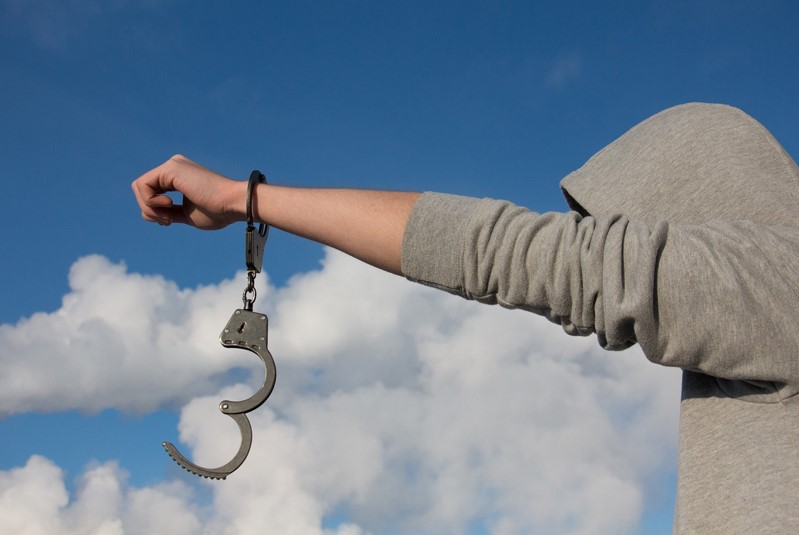Dependency is a widespread issue affecting millions globally, with conventional treatment methods often falling short of providing effective solutions. In recent years, the exploration of alternative therapies has gained momentum, with ibogaine therapy emerging as a potential breakthrough in addressing dependency.Â
In this comprehensive guide, we delve into the potential of ibogaine treatment for dependency recovery, its mechanisms of action, safety considerations, and current research findings.
Understanding Ibogaine Therapy
Derived from the root bark of the Tabernanthe iboga plant native to West Africa, ibogaine is a naturally occurring psychoactive compound with a long history of use in traditional spiritual ceremonies. In modern times, ibogaine has attracted attention for its potential therapeutic properties in treating dependency.
Mechanisms of ActionÂ
The precise mechanisms through which ibogaine exerts its effects in dependency recovery are complex and not yet fully elucidated. However, research suggests that ibogaine acts on various neurotransmitter systems in the brain, including serotonin, dopamine, and glutamate. One of its primary actions is believed to be the interruption of dependency patterns by resetting the brain’s reward system. Additionally, ibogaine has been proposed to possess neuroprotective and anti-inflammatory properties, contributing to its therapeutic effects.
Safety Considerations:Â
While ibogaine shows promise as a treatment for dependency, it is crucial to acknowledge potential risks and safety considerations. Ibogaine therapy should only be administered under the supervision of trained medical professionals in a controlled clinical setting. Serious adverse effects, such as cardiovascular complications and hallucinogenic experiences, have been reported with ibogaine use. Individuals with certain medical conditions, such as heart disease or psychiatric disorders, may be at higher risk of adverse reactions and should undergo comprehensive medical screening before ibogaine therapy.
Current Research Findings:Â
Although research on ibogaine therapy is still in its early stages, several studies have provided preliminary evidence supporting its efficacy in treating dependency. A landmark study published in the Journal of Psychopharmacology in 2014 demonstrated that ibogaine significantly reduced drug cravings and withdrawal symptoms in individuals with opioid dependency. Other studies have reported similar findings, indicating that ibogaine may hold promise as a treatment for various forms of substance dependency, including opioids, cocaine, and alcohol.
Challenges and Limitations:Â
Despite its potential benefits, ibogaine therapy faces several challenges and limitations that impede its widespread adoption. Legal restrictions and regulatory hurdles in many countries limit access to ibogaine treatment, posing barriers for individuals seeking alternative therapies for dependency. Furthermore, the lack of standardized protocols and guidelines for ibogaine therapy presents challenges in ensuring safety and efficacy.
Exploring the Therapeutic Potential:Â
Beyond its role in addressing dependency, ibogaine therapy has shown promise in addressing underlying psychological issues often associated with dependency behaviors. Some studies suggest that ibogaine may facilitate profound introspection and emotional processing, allowing individuals to confront and resolve past traumas or negative thought patterns that contribute to dependency. This therapeutic aspect of ibogaine treatment highlights its holistic approach to recovery, addressing not only the symptoms of dependency but also the underlying psychological factors.
Navigating the Legal Landscape:Â
One of the significant challenges facing ibogaine therapy is the complex legal landscape surrounding its use. While ibogaine is not classified as a controlled substance in every jurisdiction, its status varies widely from country to country. In some places, such as Canada and Mexico, ibogaine therapy is legally available under certain conditions. However, in many other countries, including the United States, ibogaine is classified as a Schedule I controlled substance, making it illegal to possess or administer. These legal restrictions pose significant barriers to access for individuals seeking ibogaine therapy as a treatment for dependency.

Image source: https://cdn.pixabay.com/photo/2016/12/06/12/12/aids-1886383_1280.jpgÂ
Fostering Awareness and Education:Â
As interest in ibogaine therapy continues to grow, there is a need for increased awareness and education among both the general public and healthcare professionals. Many individuals may be unaware of ibogaine’s potential as a treatment for dependency or may harbor misconceptions about its safety and efficacy. Additionally, healthcare providers may lack the knowledge and training to properly assess the suitability of ibogaine therapy for their patients. Fostering awareness and education through research, advocacy efforts, and professional training programs is essential for expanding access to ibogaine therapy and ensuring its responsible use in the treatment of dependency.
Conclusion
Ibogaine therapy represents a promising alternative approach to dependency recovery, offering hope for individuals who have not found success with traditional treatments. Its unique mechanism of action and potential to interrupt dependency patterns make it a compelling option for further exploration and research. However, it is essential to approach ibogaine therapy with caution and recognize the potential risks and safety considerations associated with its use. Continued research, along with efforts to address legal and regulatory barriers, is essential to fully realize the potential of ibogaine therapy as a safe and effective treatment for dependency.



Facebook Comments